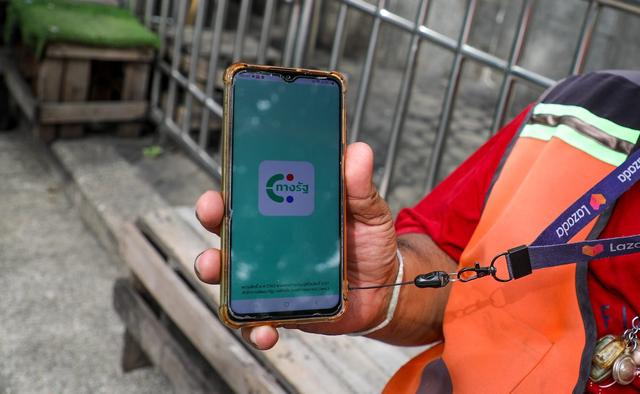แชร์
Copied!การเมือง#ข่าวปลอม
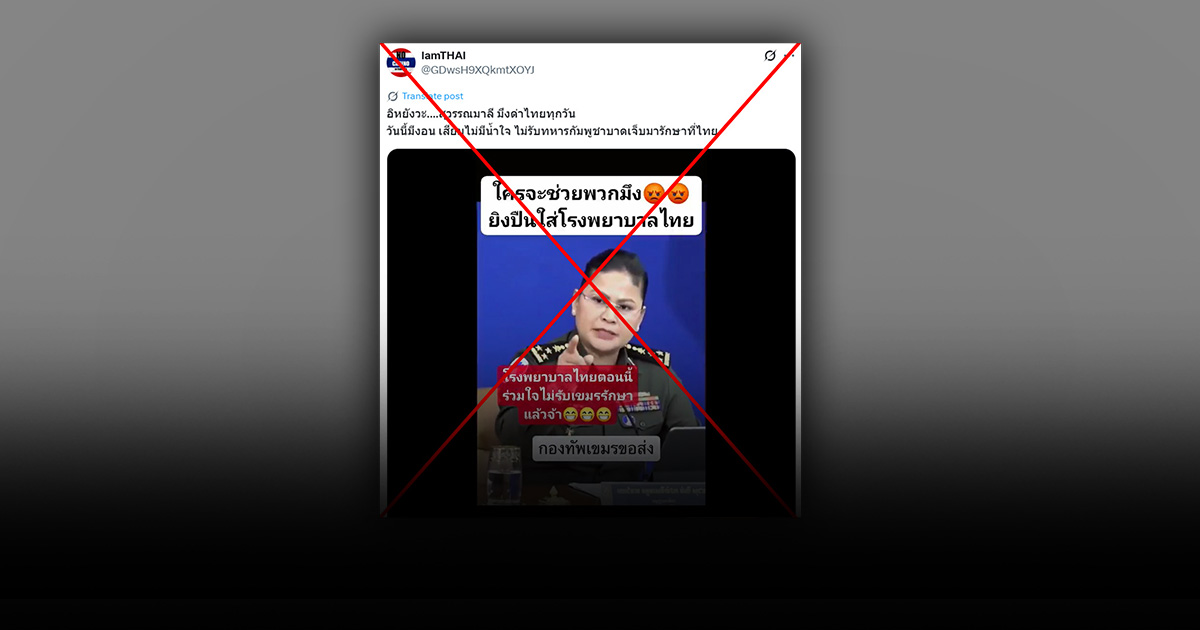
สารบัญประกอบ
- No rejection of Cambodian patients - Public Health Minister
- Consequences of fake news
- ข้อแนะนำเมื่อได้ข้อมูลเท็จนี้ ?
แท็กที่เกี่ยวข้อง
เนื้อหาที่เกี่ยวข้อง
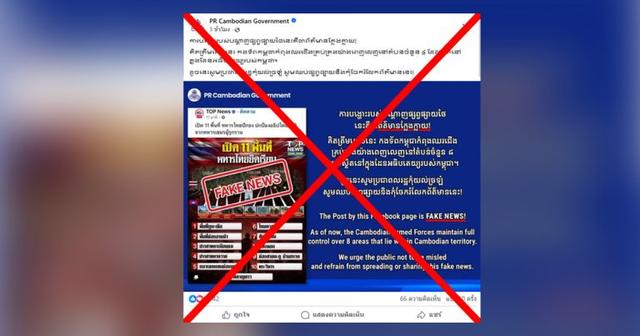
Verified: Cambodia claims Thai media spread fake news about “Thailand controlling 11 border areas”; Thai SOC-TCBSM confirms full control
30 ก.ค. 68 | การเมือง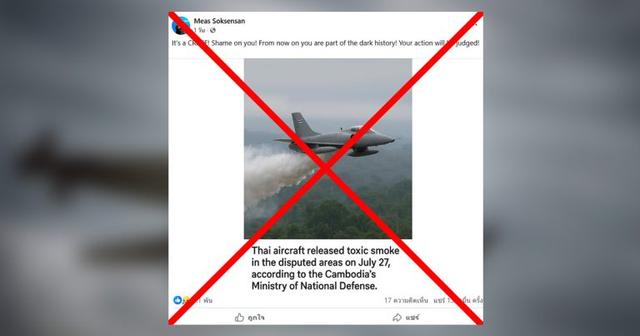
Verified: Cambodia accuses Thailand of using fighter jets to release toxic smoke — actually an AI-generated image
29 ก.ค. 68 | การเมือง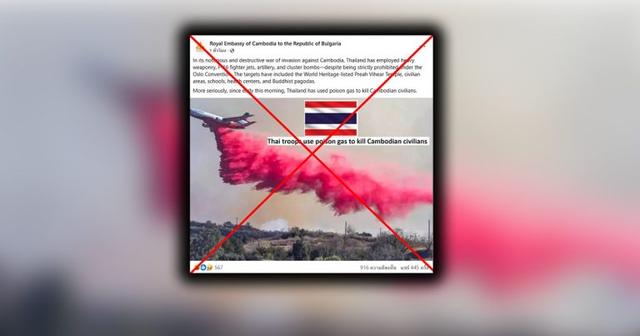
Verified: Page using the name “Cambodian Embassy” posts image accusing Thailand of chemical weapon use — actually a wildfire operation in the U.S.
28 ก.ค. 68 | การเมือง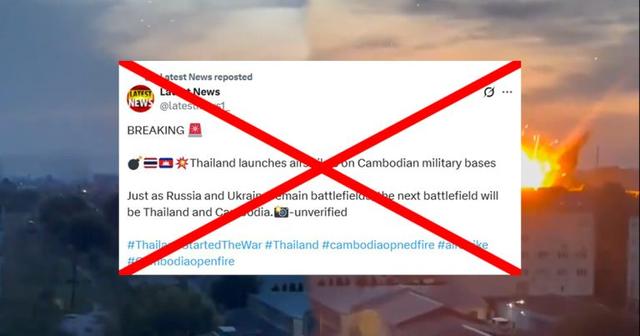
Verified: Fake clip of Thai-Cambodian war actually shows Russia attacking Ukraine
28 ก.ค. 68 | การเมือง
Verified: Cambodia claims Thai media spread fake news about “Thailand controlling 11 border areas”; Thai SOC-TCBSM confirms full control
30 ก.ค. 68 | การเมือง



